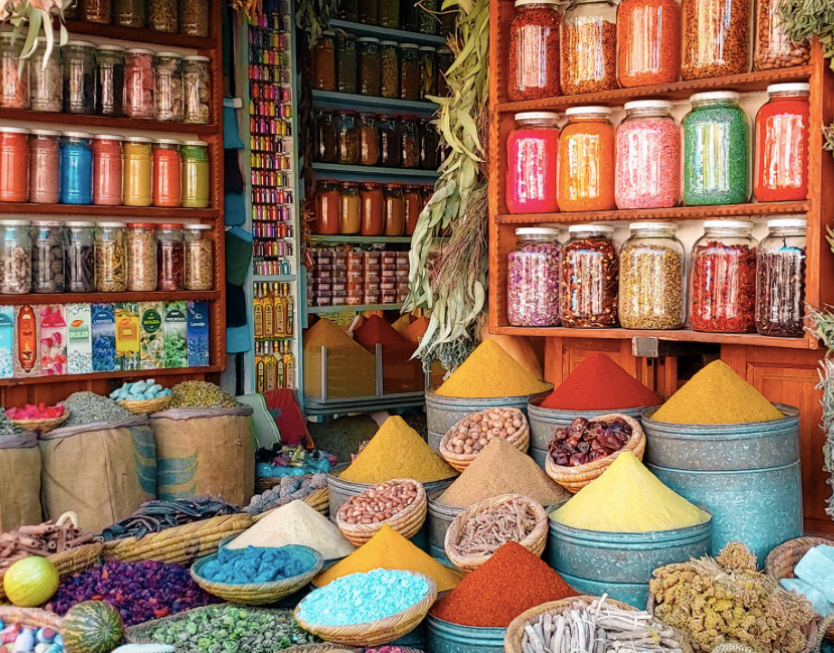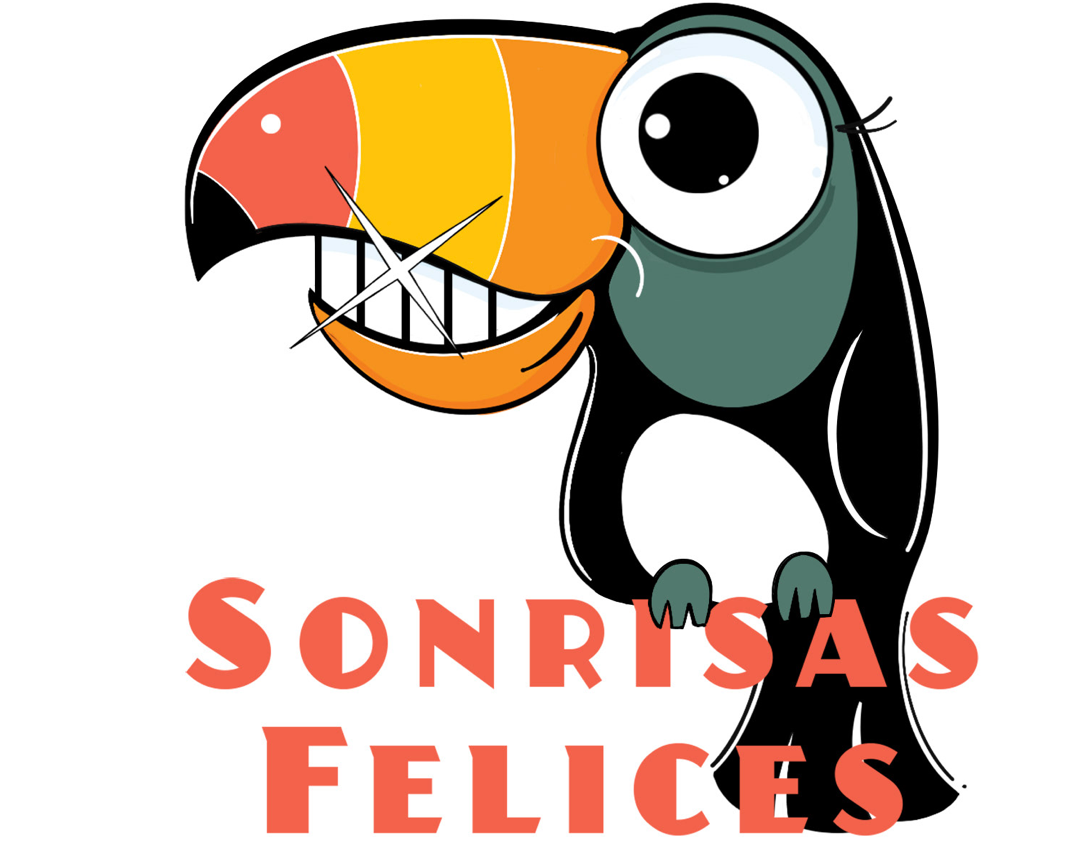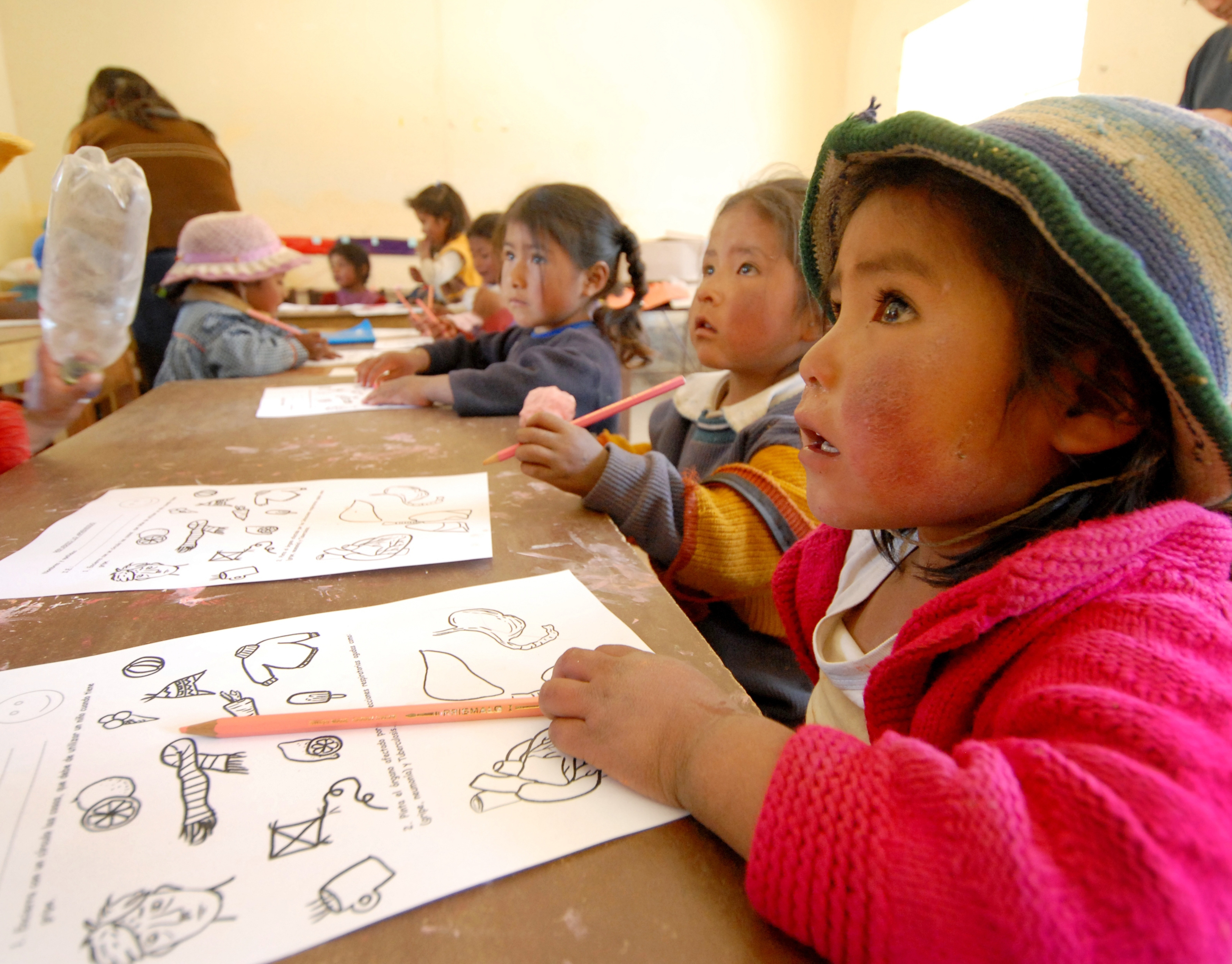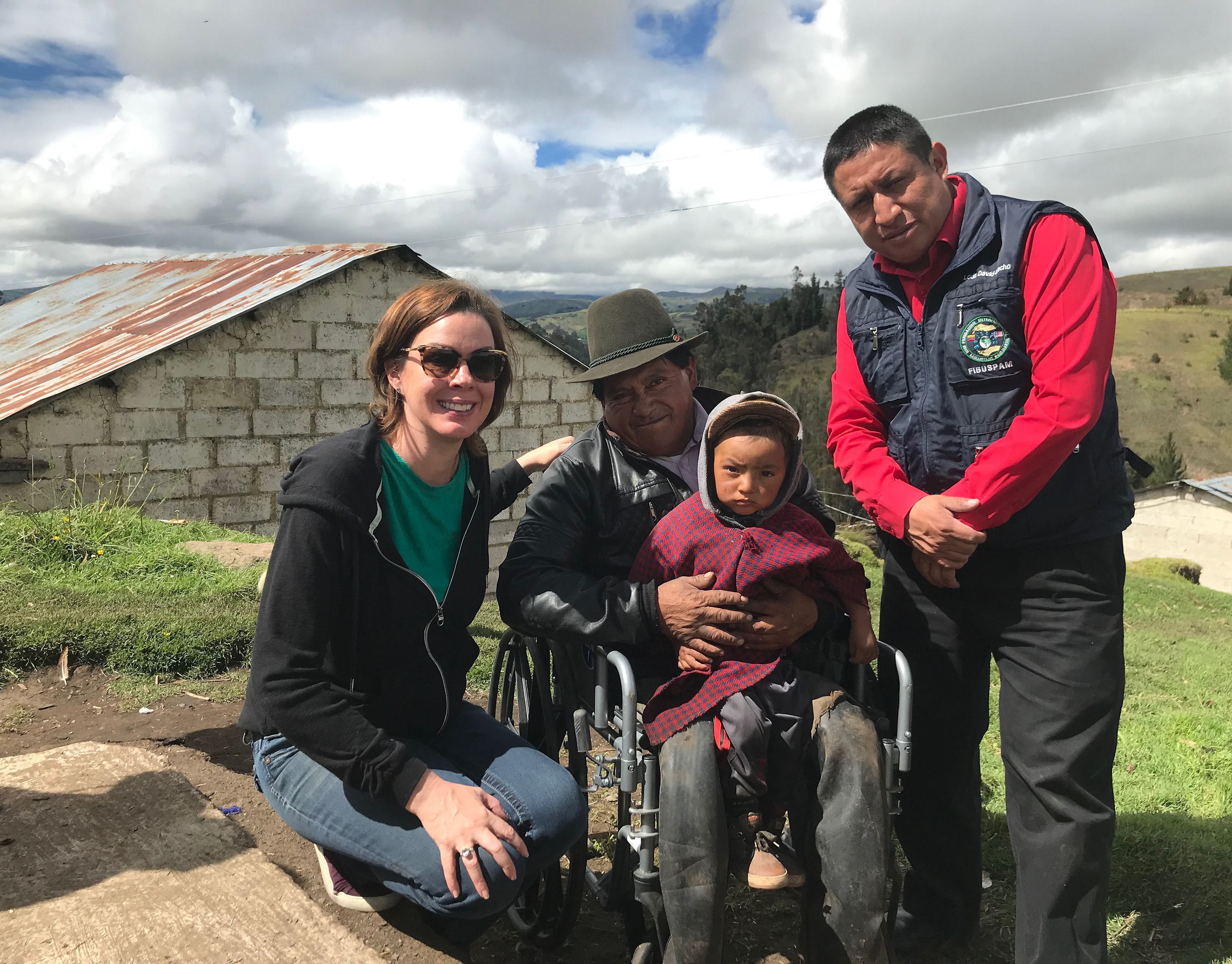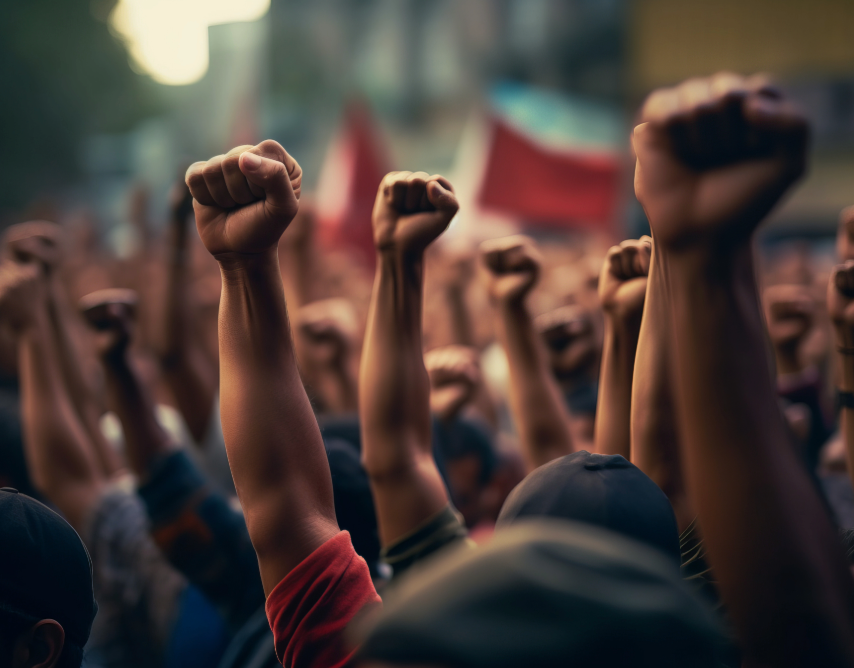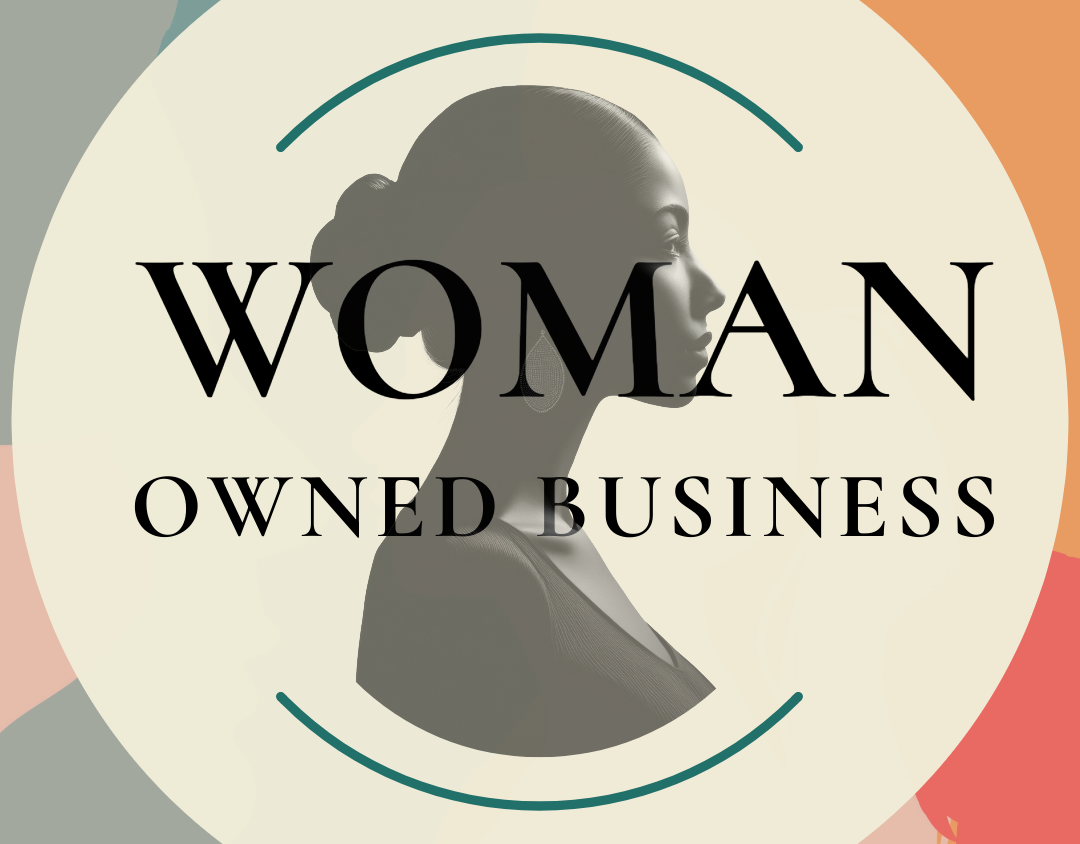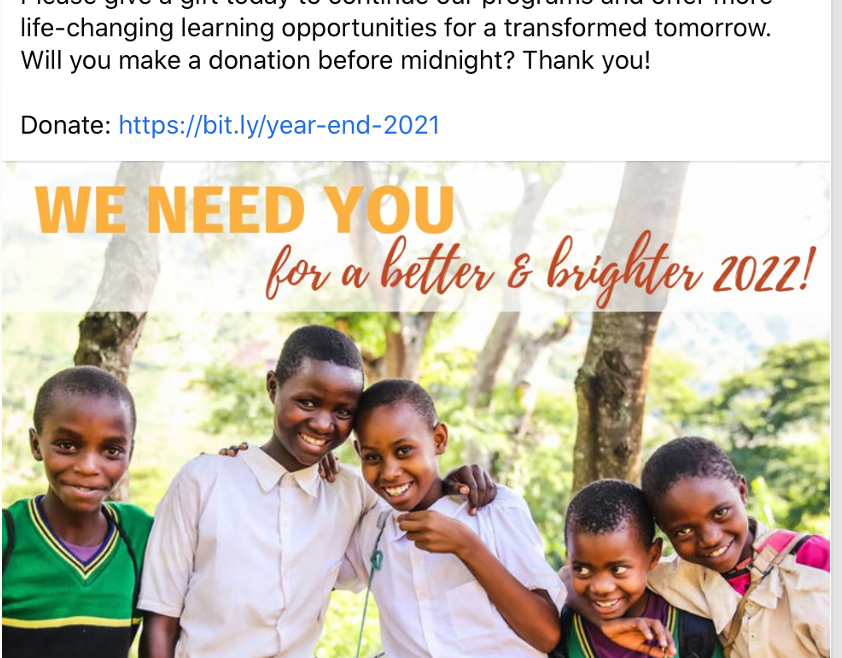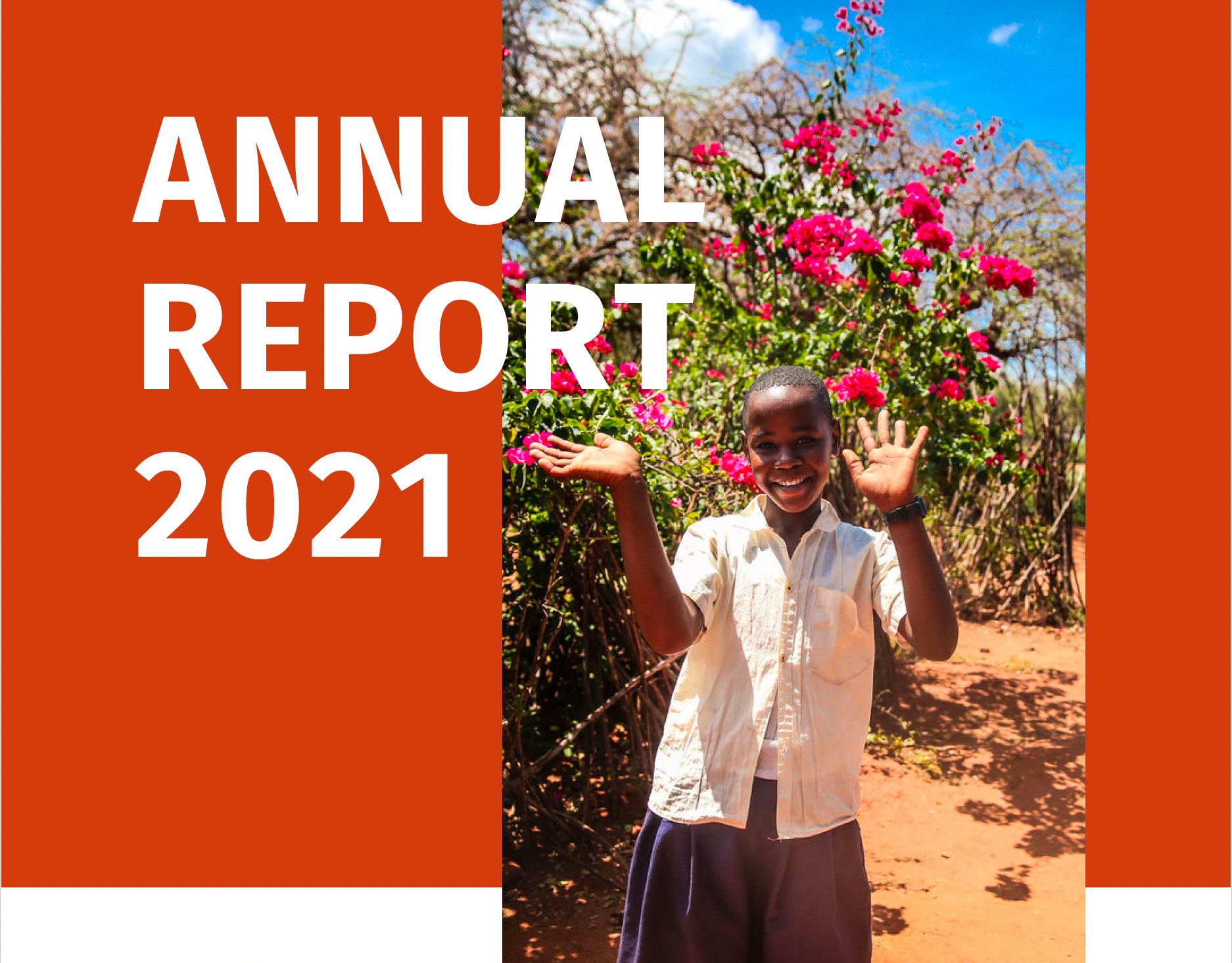Eyesight in Ecuador with Partners for
Andean Community Health
Last week, I had the opportunity to travel to Ecuador with my client, Partners for Andean Community Health (PACH). After a short stay in Quito, I took a bus to a medical clinic in Riobamba, a town in the Chimborazo Province of Ecuador, operated by PACH’s in country partner FIBUSPAM. The team I would spend the next few days with included a volunteer optometrist, nurse and technician from Vision Health International, a Peace Corps volunteer and the NGOs in country clinical staff. Together, the team completed 43 free cataract surgeries while American Doctor Doug Lavenberg and his team provided simultaneous training to an Ecuadorian optometrist -all in one short, intensely exhausting and equally rewarding week.
In a New York Times article from May 5, 2018, Andrew Jacobs explains that more than a billion people around the world need eyeglasses but don’t have them, an affliction long overlooked on lists of public health priorities. Others estimate that the number is closer to 2.5 billion people. At a time when millions of lives are still lost to treatable illnesses, many major donors feel obligated to fight diseases such as AIDS, malaria and tuberculosis. A measly 1% of resources devoted to global health are spent on delivering eyeglasses to people in the developing world. The World Health Organization estimates that the problem costs the global economy more than $200 billion annually in lost productivity. Advocates of better eye care point out that responding to the world’s vision crisis does not require the invention of new drugs or solving complex issues like distributing refrigerated vaccines in countries with poor infrastructure.
In addition to the important vision care FIBUSPAM offers, the organization provides social support to the impoverished and frequently discriminated-against Indigenous communities along the rural areas of the Andean mountains. I traveled with FIBUSPAM’s executive director David Gaucho to the Castug community to deliver a wheel chair to a man who was born without legs.
We climbed up the mountain and I took in the beauty of the big blue skies, and rolling green hills, dotted with farms and the bare-bones cement structures the families lived in. As David presented the wheelchair to the family, a baby calf popped out of its mother a few feet behind us, making the day one I will not forget. I came home feeling grateful for all that I have, including my progressive lens glasses and sunglasses, things I use daily but until now, had never taken a moment to feel thankful for. If you are considering a volun-tour trip or cultural immersion program, Partners for Andean Community Health has plenty of opportunities for you to make a big impact throughout the year.

